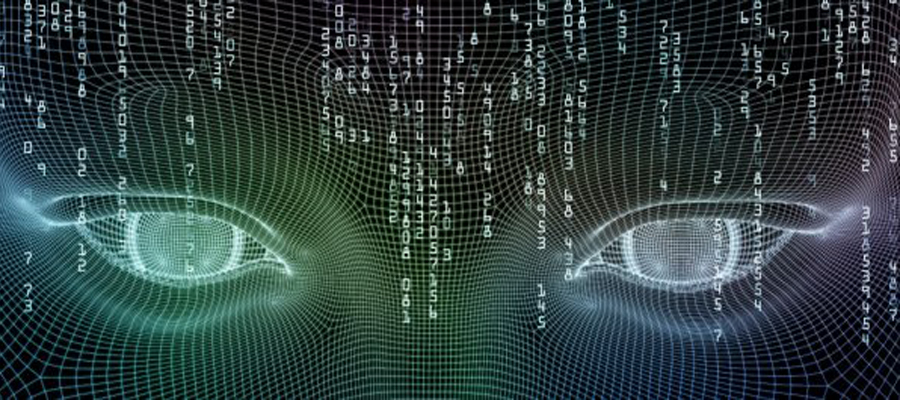- 1Semantic Problems
- 2Three Eternity Models
- 2..11. Survival of the Astral Body
- 2..22. The immaterial soul
- 2.13. Awakening of the Body
- 3Pragmatic Arguments for Belief in Immortality
- 4Dualism Argument
- 4.1Descartes's argument for Dualism
- 4.2Other Dualism Arguments
- 4.3Arguments against Dualism
- 4.4Soul Criteria
- 4.5Body Criteria
- 4.6Psychological Criteria
- 4.7Bundle Theory
- 4.1Problems with Awakening of the Body
- 4.2Parapsychology
- 4.3Reincarnation
- 4.4Near-Death Experience
- 4.5Extra Sensor Perception
- 5Prospect of Eternity Technology
- 5.11. Cryonics
- 5.22. Termination Engineering of Aging
- 5.33. Uploading Thoughts
- 5.3.1Reference
Prospect of Eternity Technology
Most secular scientists have little patience for religion-inspired parapsychology or eternity. However, the exponential growth of technological innovation in our day has made it possible to consider that, in the not too distant future, the immortality of the body can become a reality. Some of these proposed technologies raise philosophical issues.
1. Cryonics
Cryonics is the preservation of corpses in low temperatures. Although this is not a technology intended to revive people, it is indeed intended to preserve them until some future technology may be able to resuscitate corpses. If indeed, such technology can be well developed, we need to revise the physiological criteria for death. Because, if brain death is a physiological point that cannot be returned, then the body which is currently maintained cryogenically and will be revived, is not really dead at all.
2. Termination Engineering of Aging
Most scientists are skeptical of the prospect of resuscitation of the dead, but some are more enthusiastic about the prospect of delaying death indefinitely by stopping the aging process. Scientist Aubrey De Gray has proposed several strategies for engineering the cessation of aging: their goal is to identify the mechanism responsible for aging, and try to stop, or even reverse it (by, say cell repair) (De Gray and Rae, 2008). Some of these strategies involve genetic manipulation and nanotechnology, and hence they raise ethical problems. These strategies also bring attention to eternity ethics.
3. Uploading Thoughts
If it is not possible to suspend bodily death indefinitely, it is at least possible to imitate the brain with artificial intelligence (Kurzweil, 1993; Moravec, 2003). Thus, some scientists have considered the prospect of ‘uploading thoughts’, that is, the transfer of mind information to machines. Therefore, even if the organic brain dies, the mind can continue to exist once uploaded to a silicon-based machine.
Two important philosophical issues are raised by this prospect. First, the field of philosophy of artificial intelligence raises the question: can a machine really be aware?
An actual machine can be realized, the technological prospect of uploading thoughts raises a second philosophical issue: will brain competition maintain personal identity?
If we obey the soul or body criteria regarding personal identity, we must answer it negatively. If we adhere to the psychological criteria of personal identity, then we must answer firmly, because the artificial brain will indeed continue psychologically with the original person.
Reference
- Almeder, Robert. Death & Personal Survival. Rowan & Littlefield. 1992.
- Armstrong, D. M. A Materialist Theory of the Mind. Routledge & Kegan Paul. 1968.
- Barnes, Jonathan. The Presocratic Philosophers: Thales to Zeno. Routledge. 1979.
- Beloff, John. Parapsychology: A Concise History. Palgrave. 1997.
- Blackmore, Susan. “Near-Death Experiencies”. in Shermer, Michael (Ed.). Skeptic Encyclopedia of Pseudoscience. ABC Clio. 2002.
- Chalmers, David. The Conscious Mind: In Search of a Fundamental Theory. Oxford University Press. 1996.
- Damasio, Antonio. Descartes’ Error: Emotion, Reason and The Human Brain. Vintage Books. 2006.
- Irwin, Harvey. An Introduction to Parapsychology. MacFarland. 2004.
- Lamont, Corliss. The Illusion of Immortality. Philosophical Library. 1959.
- Perry, John. A Dialogue on Personal Identity and Immortality. Hackett Publishers. 1978.
- Putnam, Hilary. Representation and Reality. MIT Press. 1988
- Swinburne, Richard. The Evolution of the Soul. Oxford University Press. 1997.
- Voltaire. “The Soul, Identity and Immortality” in Edwards, Paul (Ed). Immortality. Prometheus. 1997 pp. 141-147.





